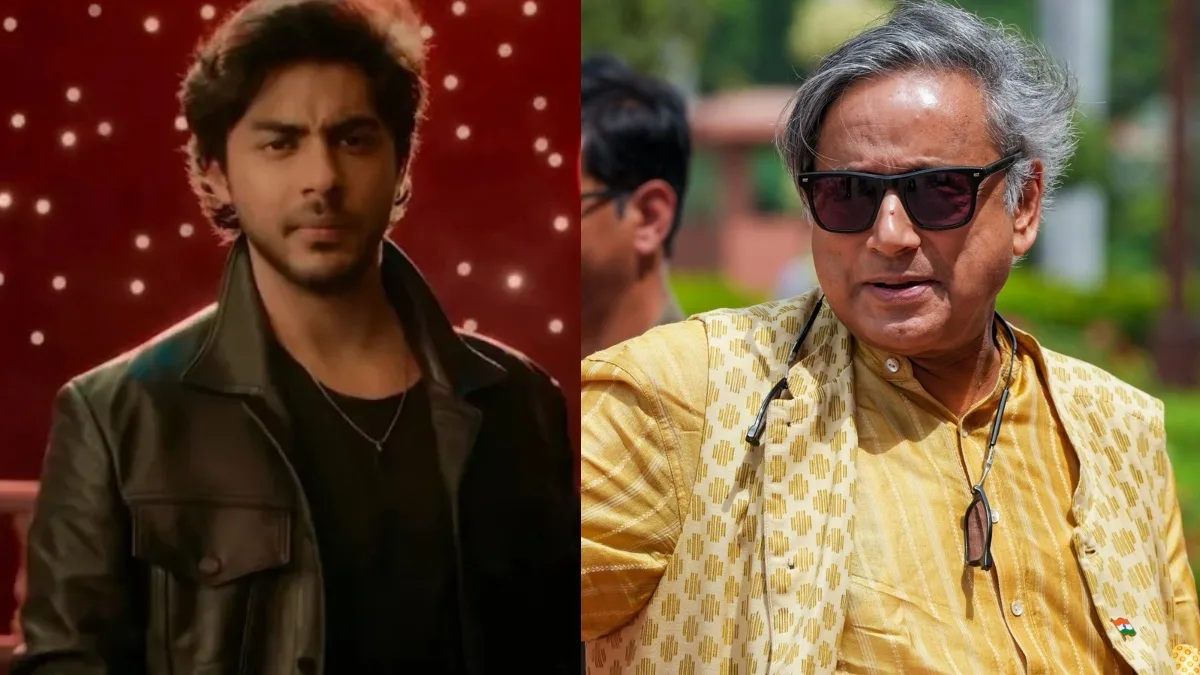In a rare crossover between politics and cinema commentary, Congress MP Shashi Tharoor has stirred discussion after praising the streaming series The Ba***ds of Bollywood — created and directed by Aryan Khan — only to be accused of providing a “paid review.” Tharoor responded swiftly and firmly: “I am not for sale,” he declared.
What Tharoor said
On 27 October 2025, Tharoor took to X (formerly Twitter) to laud the series, calling it “a fearless and witty satire” with strong storytelling and congratulating both Aryan Khan and his father, superstar Shah Rukh Khan, on their cinematic ambition.
His praise, however, sparked backlash when a social-media user accused him of a paid endorsement:
“Must be a paid review.”
Tharoor’s reply was immediate and unequivocal: “I am not for sale.”
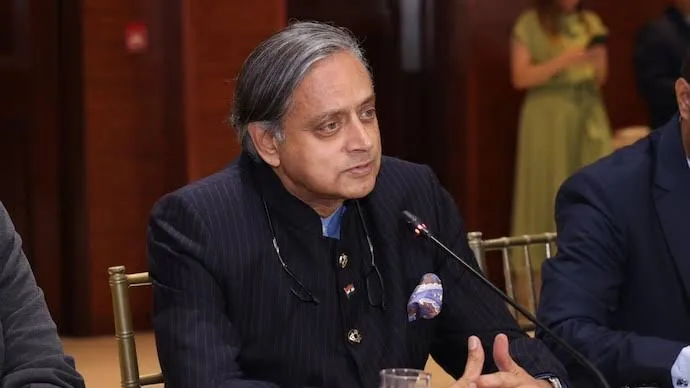
The charge and the counter-charge
The accusation of a paid review emerged purely on social-media speculation. Tharoor’s tweet was purely positive; there was no disclosed transaction or official tie-in mentioned. Still, the timing raised eyebrows: the series had recently premiered on a major streaming platform and the usual flurry of promotional activity was underway.
Tharoor, known for his erudition and frequent commentary on international affairs, reaffirmed that his appraisal was based on his own viewing and analysis, not payment or arrangement. Importantly, no independent evidence has surfaced to prove he received any compensation in connection with the review.
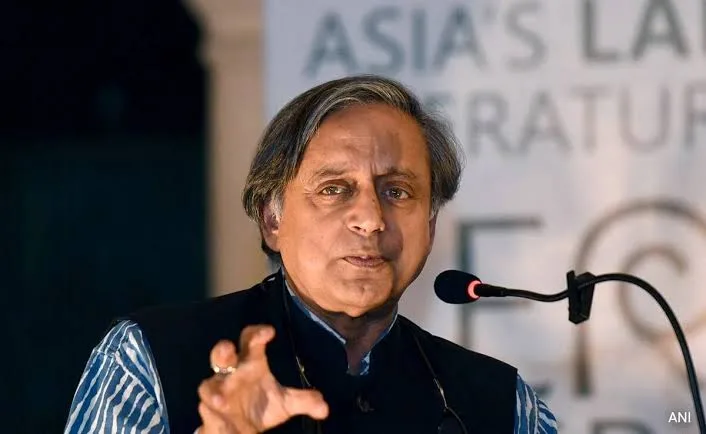
Why the overheated reaction matters
The incident underlines how celebrity, media and politics intersect in India today.
A sitting MP commenting on a film is unusual but not unprecedented — Tharoor combines roles as writer, speaker and politician. The mention of Shah Rukh Khan’s name elevated the attention; the Khan family’s cultural clout ensured the series and associated commentary became news. Pay-for-praise allegations speak to broader concerns about transparency in film promotion, influencer marketing and audience trust. Tharoor’s emphatic denial attempts to reinforce his personal brand of intellectual independence.
“My appreciation is for storytelling, not star-power,” he conveyed in subsequent posts.
Also Read: Sameer Wankhede Breaks Silence On Aryan Khan Arrest: ‘No Scapegoat In This’
Broader impact
The exchange provoked larger questions about the relationship between commentary and commerce. If a well-known public figure tweets a positive review, is it inherently promotional—or simply an opinion? Tharoor’s case suggests the boundary is shifting, with sceptical online publics quick to assume the worst.
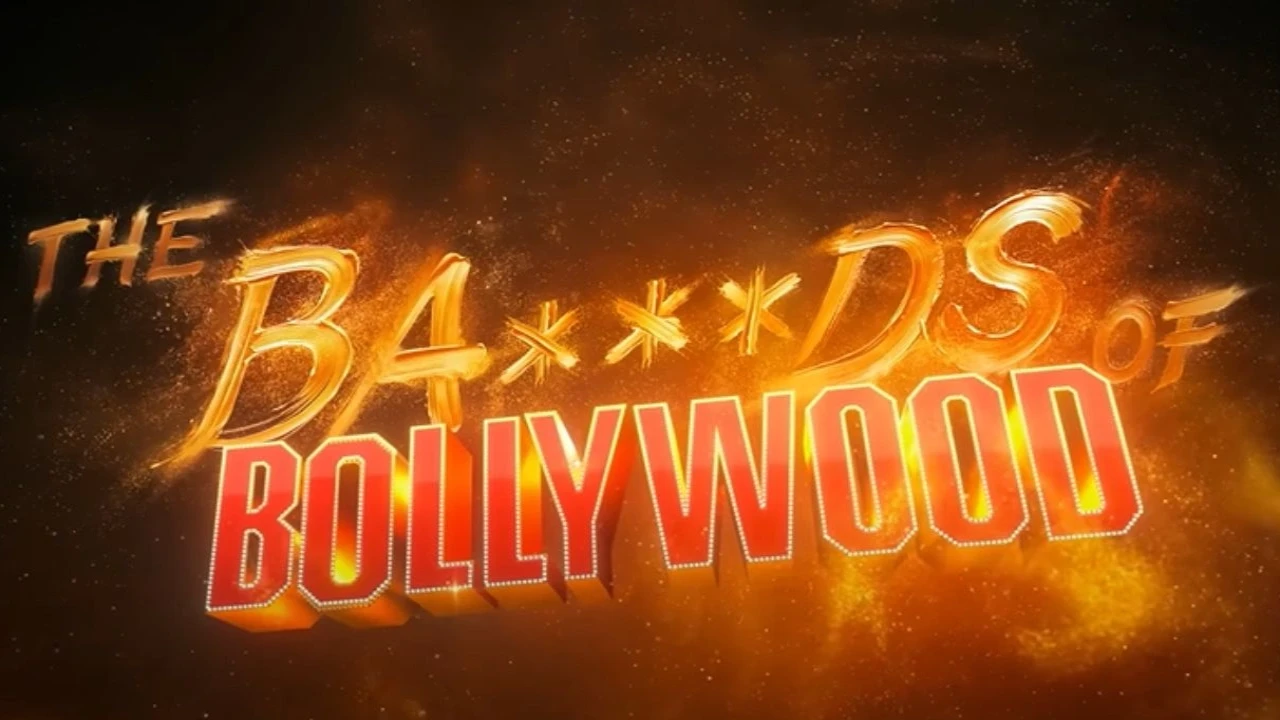
For Aryan Khan’s series, the incident generated added visibility — both for praise and controversy. “In a way, the kerfuffle did exactly what the show’s marketing needs: It got people talking,” one industry watcher told Times of India.
Where it goes from here
As of now, there are no formal inquiries into Tharoor’s tweet. The matter remains confined to social-media chatter and entertainment-news cycles. Tharoor appears likely to move on, unless additional evidence emerges.
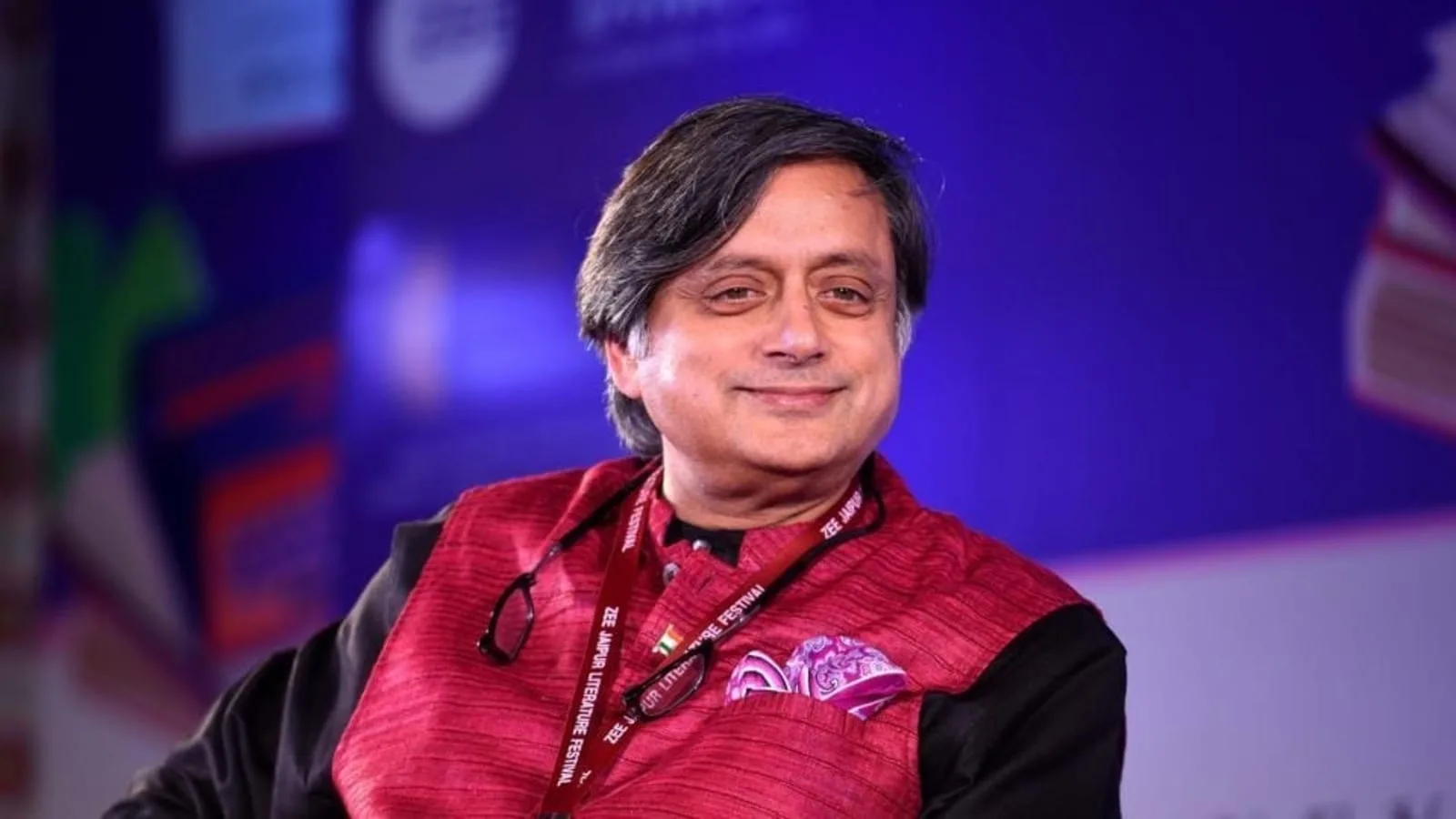
Whether the “paid review” label sticks or fades, the episode serves as a caution: in an age of sponsored content and curated narratives, even a positive tweet can be read as tainted unless the commentator clearly establishes independence.
For Tharoor, the message was clear and personal:
“If I’m being compensated, I will say so. Until then, assume sincerity.”
For audiences, it’s a reminder to treat media praise — especially from public figures — with a measure of scepticism and context.


